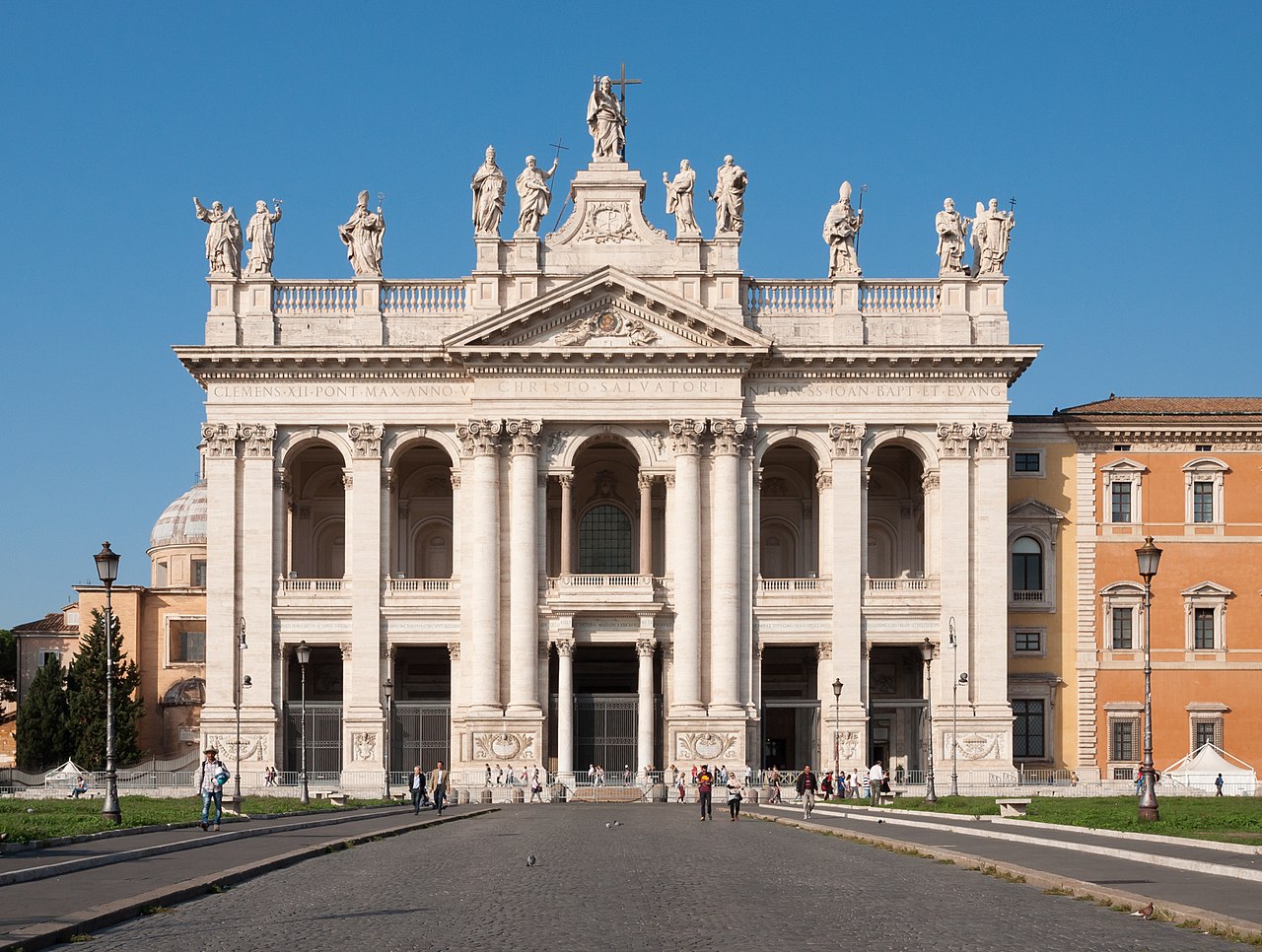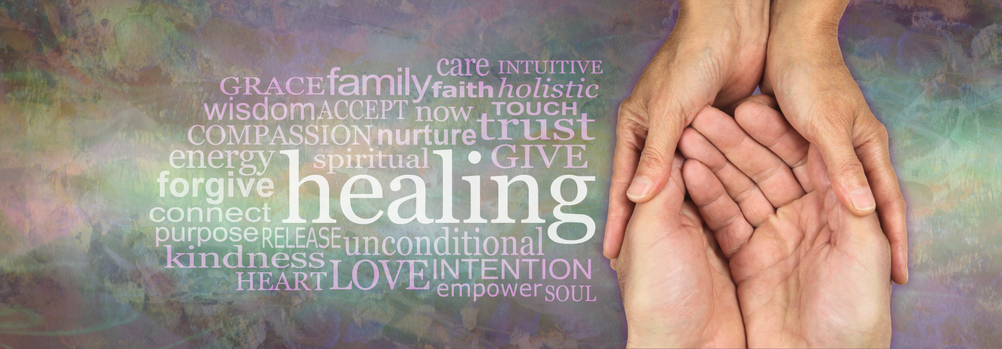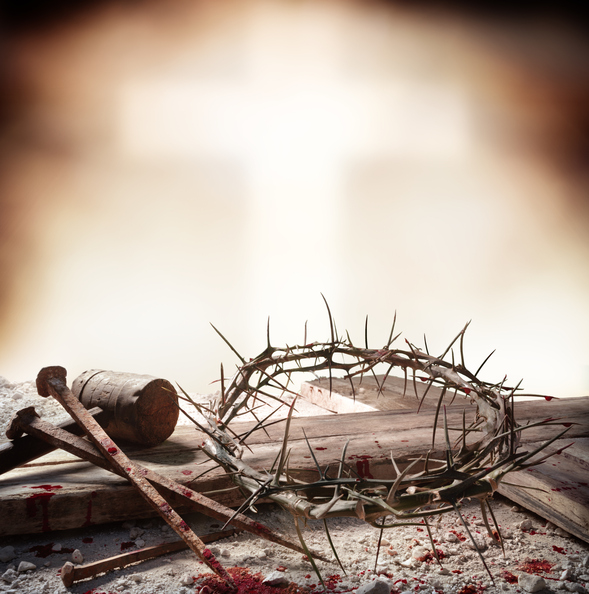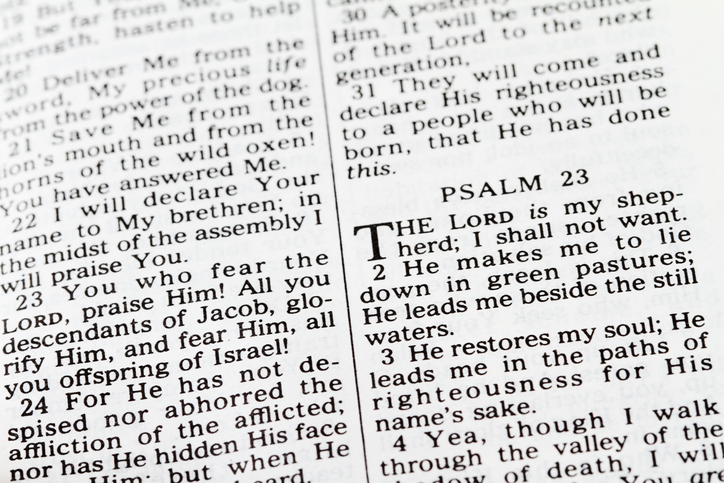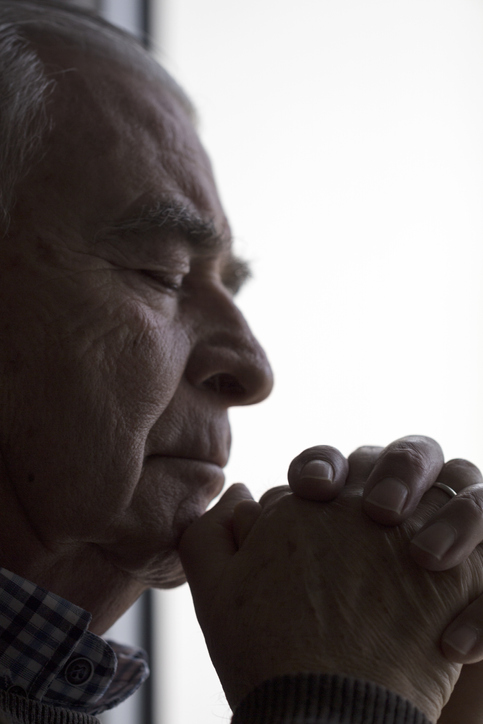The money changers in the temple in today’s Gospel felt justified to profit from what people needed to fulfill their temple worship obligations. Unfortunately, sometimes we do the same thing. Let’s change the picture of the “money changers” to those in our modern-day, who profit from the needs of others: physically, emotionally, and spiritually.
Look to your heart to see if in some small (or perhaps significant) way you profit from another person’s gifts, talents, or needs; another’s friendship or love; another’s fear or loneliness; another’s willingness to give of himself. Or look at the pride you might have because someone looks up to you, and you relish being of influence. Is it for the good of their soul, and yours, or because you crave power? Once you start down that slippery slope of false reasoning, the gray that governs your actions becomes a blind spot. You sometimes can no longer see that what you do is harmful. You can find so many justifications! Such was the case of the money changers in today’s Gospel. To them, it was justified. They couldn’t see how far they had sunk into the sin of corruption.
Ask yourself if the alluring power of sin has clouded your judgment so that you can no longer tell where you stepped off the path of righteousness. We can probably reason that the money changers started in good faith, but then it got out of hand, turning a “service” to the people into corruption, and sacrilegious use of sacred ground. Don’t let this happen to you.
Ezekiel gives us today, also, one of my favorite “pictures” into the heart of God. Grace in the form of water spilling from all sides of the temple, making the seawater fresh and the ground fertile. Life will be abundant; fruit trees will grow bearing fruit; their leaves shall not fade nor their fruit fall. The fruit shall serve as food and their leaves as medicine.
Today’s Feast of the Dedication of the Lateran Basilica in Rome is a great reminder to us that we are also called to be a temple of God! If you feel that you aren’t there yet, then stand in the water flowing from the side of Christ to bless and nourish you. Let Christ gently cleanse the money changer in you out of your heart and return that space to hallowed ground, a sacred space for him to dwell in communion with you. Let Him transform you into the temple He has created you to be!
God Bless.
Los cambistas del templo en el Evangelio de hoy se sentían justificados de sacar ganancia con lo que la gente necesitaba para cumplir con sus obligaciones de adorar en el templo. Lamentablemente, a veces nosotros hacemos lo mismo. Cambiemos la imagen de los “cambistas” por la de aquellos de nuestros días, que se benefician de las necesidades físicas, emocionales y espirituales de los demás.
Mira a su corazón para ver si de alguna manera pequeña (o quizás significativa) te beneficias de los dones, talentos o necesidades de otra persona; de la amistad o el amor de otra persona; del miedo o la soledad de otra persona; de la disposición de otra persona de dar de sí misma. O mira el orgullo que puedes tener porque alguien te admira y disfrutas ser influyente. ¿Es por el bien de su alma y la tuya, o porque anhelas el poder? Una vez que comenzamos a descender por esa pendiente resbaladiza del razonamiento falso, el gris que gobierna las acciones se convierte en un punto ciego. A veces ya no se puede ver que lo que uno hace es dañino. ¡Podemos encontrar tantas justificaciones! Tal fue el caso de los cambistas del Evangelio de hoy. Para ellos, estaban justificados. No podían ver hasta qué punto se habían hundido en el pecado de la corrupción.
Pregúntate si el poder seductor del pecado ha nublado tu juicio de modo que ya no puedes saber dónde te has desviado del camino de la rectitud. Probablemente podamos razonar que los cambistas empezaron de buena fe, pero luego se les fue de las manos, convirtiendo un “servicio” al pueblo en corrupción y uso sacrílego de terreno sagrado. No permitas que esto te pase a ti.
Ezequiel nos da hoy, también, una de mis imágenes favoritas del corazón de Dios. La gracia en forma de agua que se derrama por todos los lados del templo, haciendo que el agua del mar sea fresca y la tierra fértil. La vida será abundante; los árboles frutales crecerán dando fruto; sus hojas no se marchitarán ni su fruto caerá. El fruto servirá como alimento y sus hojas como medicina.
La fiesta de hoy, la Dedicación de la Basílica de Letrán en Roma, es un gran recordatorio para nosotros de que también estamos llamados a ser templo de Dios. Si sientes que aún no hayas llegado a ese punto, párate en el agua que fluye del costado de Cristo para bendecirte y nutrirte. Deja que Cristo limpie suavemente al cambista de dinero que hay en ti y lo saque de tu corazón y devuelva ese espacio a tierra sagrada, un espacio sagrado para que Él habite en comunión contigo. ¡Permítele que te transforme en el templo que Él te creó ser!
Dios te bendiga.
This reflection was reposted from Diocesan Archives. Author: Jeanne Penoyar
Feature Image Credit: Wikipedia, en.wikipedia.org/wiki/Archbasilica_of_Saint_John_Lateran#/media/File:San_Giovanni_in_Laterano_-_Rome.jpg
